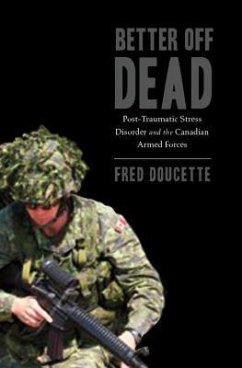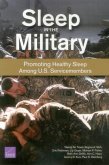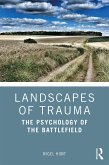Fred Doucette always wanted to be a soldier. In the 1960s he joined the Canadian Armed Forces and served in Cyprus in the 1970s and '80s and Bosnia in the 1990s. When he returned home to New Brunswick in 1999 after his last overseas tour, he was diagnosed with severe chronic post-traumatic stress disorder. Eventually released from the army, Fred found a position with the Operational Stress Injury Social Support (OSISS) program, where he supported serving soldiers and veterans for ten years. Better Off Dead chronicles Fred's efforts in helping to rehabilitate and support soldiers and veterans suffering from what the military terms "operational stress injuries." We meet Ted, saved from a suicide attempt by a timely phone call; Bob, at wit's end and reluctantly seeking help to overcome severe PTSD; Roger, caught in a cycle of violence and drug and alcohol abuse; and Jane, diagnosed with PTSD after having been sexually assaulted while on a tour of duty in Afghanistan. These accounts are raw, desperate, and often angry, but as Doucette shows, there is hope and real progress for those able to obtain proper diagnosis and treatment. Includes a colour insert with 15 photos.
Hinweis: Dieser Artikel kann nur an eine deutsche Lieferadresse ausgeliefert werden.
Hinweis: Dieser Artikel kann nur an eine deutsche Lieferadresse ausgeliefert werden.








